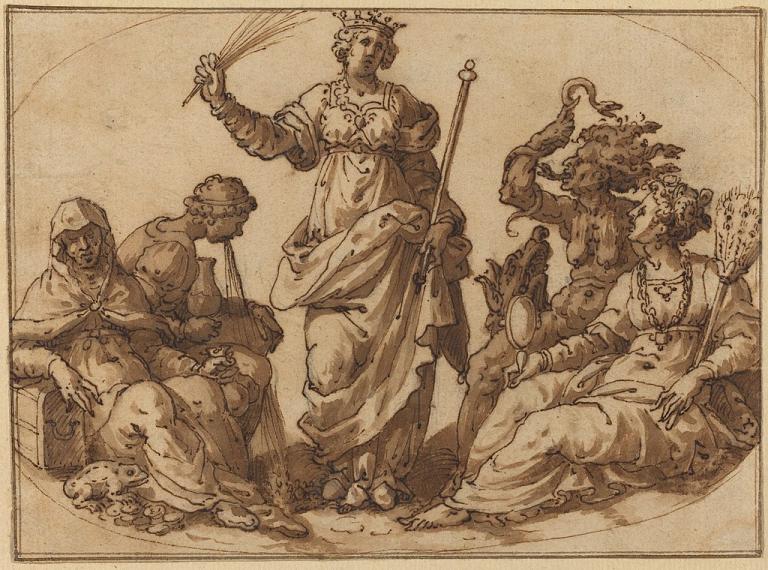One of the many tributes to the late Queen Elizabeth develops a useful distinction between personal virtue and social virtue.
This contrasts, he says, with our current “culture of self-aggrandizement,” with its “value system of self-regard, self-promotion, changeability, acting out and anything-goes behavior.”
He illustrates the phenomenon by referencing the new high-status occupation of “influencer”:
An influencer’s success depends overwhelmingly on one thing: self-promotion accomplished by rising in the hot-air balloons of Instagram, TikTok and other social media. The goal is to marry marketing with fame. Because influencers do it, millions of others, often young women, make preoccupation with themselves the one habit that directs their lives.
Meanwhile, virtue is pushed out into the realm of social attitudes.
In our time, however, personal virtue has been demoted by social virtue.
In the new ethos, a well-ordered life is measured by one’s commitment to notions such as social justice, equity, inclusion and—undeniably the most dominant modern virtue—saving the planet. The achievement of a good life depends on making a public commitment to large, sometimes amorphous groups—minorities, the transgendered, the indigenous, the disadvantaged.
The week’s recollections of what made the queen’s life exceptional are an opportunity to compare the merits of virtue earned individually with virtue, or approved behavior, constructed by society.
One effect of giving social responsibility more weight than personal responsibility is that it gives people a pass on their personal behavior. So long as one’s life is “centered” on some larger social good, the conduct of one’s personal life is, well, irrelevant.
Henninger gives examples, noting that even churches have shifted to this new emphasis.
I would add that this is a phenomenon that can be found not only among progressives–with their canons of political correctness and their enforcers on social media–but also among conservatives. Hold the right positions and your personal behavior doesn’t matter.
I have a number of examples in mind, but, yes, this would include our former president. What might Donald Trump have accomplished if his policies and zeal were accompanied by “reserve, self-containment, duty, responsibility, modesty of demeanor, graciousness, civility, prudence, fortitude”?
HT: Jackie
Illustration: “Virtue Triumphing Over the Vices” (Italian, 16th century), National Gallery of Art, CC0, via Wikimedia Commons














